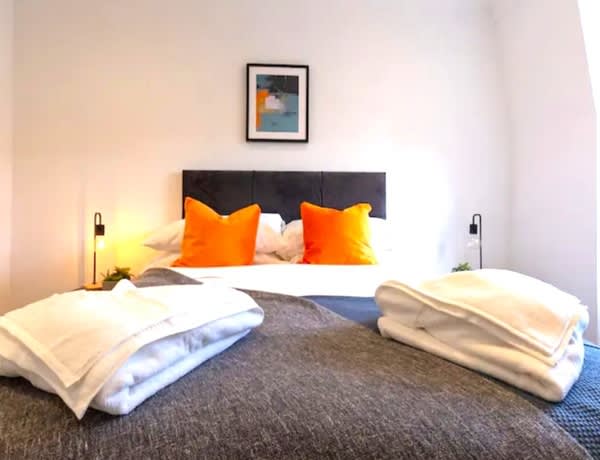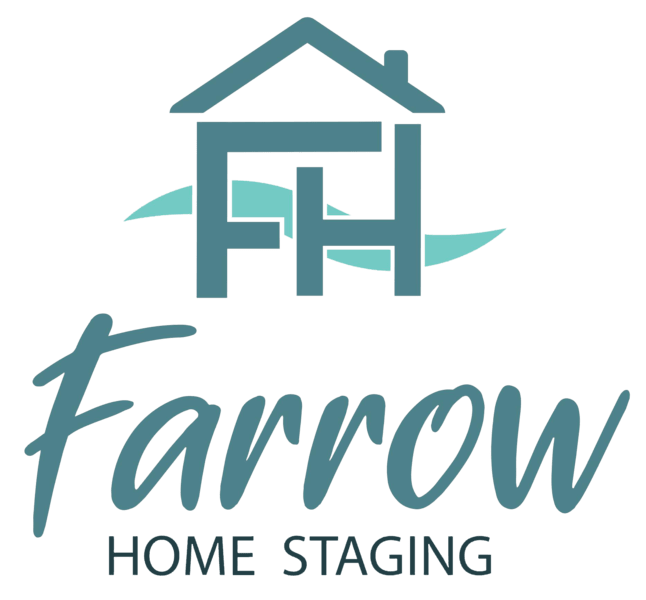Blog

Why HMOs Are Gaining Popularity and What Landlords Need to Know
Thursday 8th August 2024
Houses in Multiple Occupation (HMOs) are becoming an increasingly popular housing option in the UK. These properties are rented out to multiple tenants who are not part of the same family, offering various benefits such as cost savings, built-in social environments, and convenience. Here's an overview of why HMOs are appealing to renters and what landlords need to be aware of regarding regulations.
What Defines an HMO?
A property is classified as an HMO if:
It is occupied by three or more tenants who form more than one household.
Shared facilities like kitchens, bathrooms, or toilets are used by the tenants.
A household can be a single person or family members living together, including couples and same-sex partners.
Licensing Requirements for HMOs
If an HMO houses five or more people, it must be licensed. Local councils may have additional requirements, so landlords should verify the specific rules in their area to ensure compliance.
Safety Inspections
Councils are mandated to conduct a Housing Health and Safety Rating System (HHSRS) risk assessment within five years of issuing an HMO licence. Any risks identified during this inspection must be addressed by the landlord to maintain safety standards.
The Benefits of HMOs
Cost-Effectiveness
One of the main reasons HMOs are appealing is their affordability. Renting a room in an HMO is often much cheaper than renting a one-bedroom flat, making it a cost-effective choice for individuals looking to save money.
Social Opportunities
HMOs are ideal for people who are new to an area, often due to job relocations. They provide an instant social network, making it easier for tenants to settle into their new surroundings and make friends quickly.
Convenience
In line with the trend towards a subscription-based lifestyle, HMOs offer a convenient living arrangement. These properties usually come fully furnished, with all utilities and broadband included in the rent, eliminating the hassle of setting up these services independently.
Flexibility
Modern renters value flexibility, and HMOs cater to this need by offering short-term leases and easy move-in/move-out options. This flexibility is ideal for those who do not want to commit to long-term housing arrangements.
Work-From-Home (WFH) Adaptability
The increase in remote work has made having a home office space crucial. Many HMOs come equipped with dedicated workspaces and high-speed internet, making them an attractive option for professionals who need a reliable and efficient work-from-home setup.
Conclusion
HMOs offer numerous benefits that make them an attractive housing option, including affordability, social opportunities, convenience, flexibility, and work-from-home adaptability. For landlords, understanding and complying with regulations such as licensing requirements and safety inspections is essential to operating a successful HMO. By providing well-maintained and compliant properties, landlords can attract a steady stream of tenants seeking cost-effective and flexible living arrangements.
Tenants seek modern, attractive, and comfortable HMO rooms. Farrow Home Staging provides furniture and accessory packages to landlords, ensuring HMO rooms are move-in ready.
